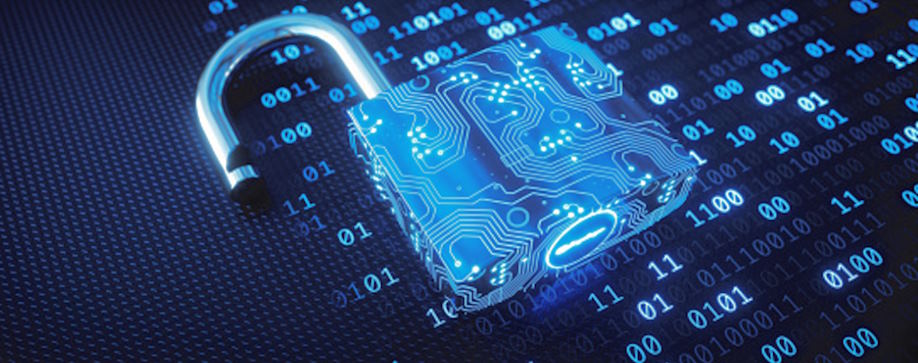As blockchain technology continues to reshape traditional financial paradigms, the decentralized nature of cryptocurrencies grants individuals unprecedented control over their financial futures. However, this power comes hand in hand with an augmented responsibility – the responsibility to secure these digital assets in an environment fraught with cyber threats. The stories of unfortunate loss and breaches abound, underscoring the pressing need for a paradigm shift in how we perceive and prioritize security in the realm of crypto storage.
Key Principles of a Security-Centric Approach
Principle 1: Private Key Management
At the heart of crypto security lies the private key – the digital equivalent of a personal vault key. It’s what grants you access to your cryptocurrency holdings and transactions. Recognizing its critical role is the first step towards a security-centric mindset. Secure generation, storage, and backup of private keys are non-negotiable. Employ strong, randomized key generation techniques, and opt for hardware wallets or encrypted digital solutions for storage. Regularly back up your keys offline, ensuring they are shielded from online vulnerabilities.
Principle 2: Multi-Factor Authentication (MFA)
Multi-Factor Authentication (MFA) acts as an additional layer of defense against unauthorized access. By requiring multiple forms of verification – typically something you know (password), something you have (device), and something you are (biometric) – MFA significantly enhances security. It’s vital not only for your crypto wallets but also for exchanges where you trade. Implement MFA wherever possible to ensure that even if one layer is compromised, your assets remain safeguarded.

Principle 3: Cold Storage Solutions
In the realm of crypto storage, the distinction between hot wallets (connected to the internet) and cold storage is paramount. Cold storage, characterized by its isolation from online access, is a fortress against hacking attempts. Hardware wallets, paper wallets, and air-gapped systems are prime examples of cold storage solutions. These methods effectively shield your assets from online threats and cyberattacks.
Principle 4: Regular Security Audits
Stagnation is the enemy of security. Regularly subject your security measures to thorough audits. Identify vulnerabilities, assess your backup strategies, and keep your software and hardware up to date. These periodic check-ups enable you to stay ahead of potential risks, enhancing your ability to address vulnerabilities promptly and proactively.
Psychological Aspects of Crypto Security
As the allure of cryptocurrencies continues to captivate the financial landscape, it’s crucial to recognize and address the psychological factors that influence our approach to security. Beyond the technical measures, understanding the human mind’s intricacies is essential for a comprehensive crypto security strategy.
Overcoming the “It Won’t Happen to Me” Syndrome
The “It Won’t Happen to Me” syndrome, fueled by the optimism bias, is a common cognitive pitfall that can lead individuals to underestimate the risks associated with crypto storage. Acknowledging this bias is pivotal in cultivating a security-centric mindset.

- Understanding the Psychological Bias towards Optimism
Optimism bias is a natural tendency to believe that negative events are less likely to happen to us than to others. In the context of crypto security, it can result in a lax attitude towards protective measures. By recognizing this bias, we can consciously challenge it, realizing that no one is entirely immune to the ever-evolving threats.
- Realizing the Importance of Being Prepared for Potential Risks
Embracing a proactive mindset involves acknowledging that potential risks are not confined to others. By internalizing the importance of preparation, individuals can take meaningful steps to enhance their crypto security, from fortifying passwords to regularly auditing their security measures.
Dealing with Fear and Paranoia
While a healthy sense of caution is important, tipping into excessive fear or paranoia can hinder effective decision-making. Striking the right balance is key to maintaining a security-conscious approach.
- Navigating the Fine Line between Healthy Caution and Excessive Fear
Fear can be a motivator, but excessive fear can lead to irrational decision-making. Understanding the distinction between healthy caution and paralyzing fear empowers individuals to make informed security choices.
- Channeling Concerns into Productive Security Practices
Rather than allowing fears to overwhelm, channeling them into productive actions is beneficial. This could include regularly updating security software, seeking knowledge from reliable sources, and engaging with the crypto community to share experiences and insights.

